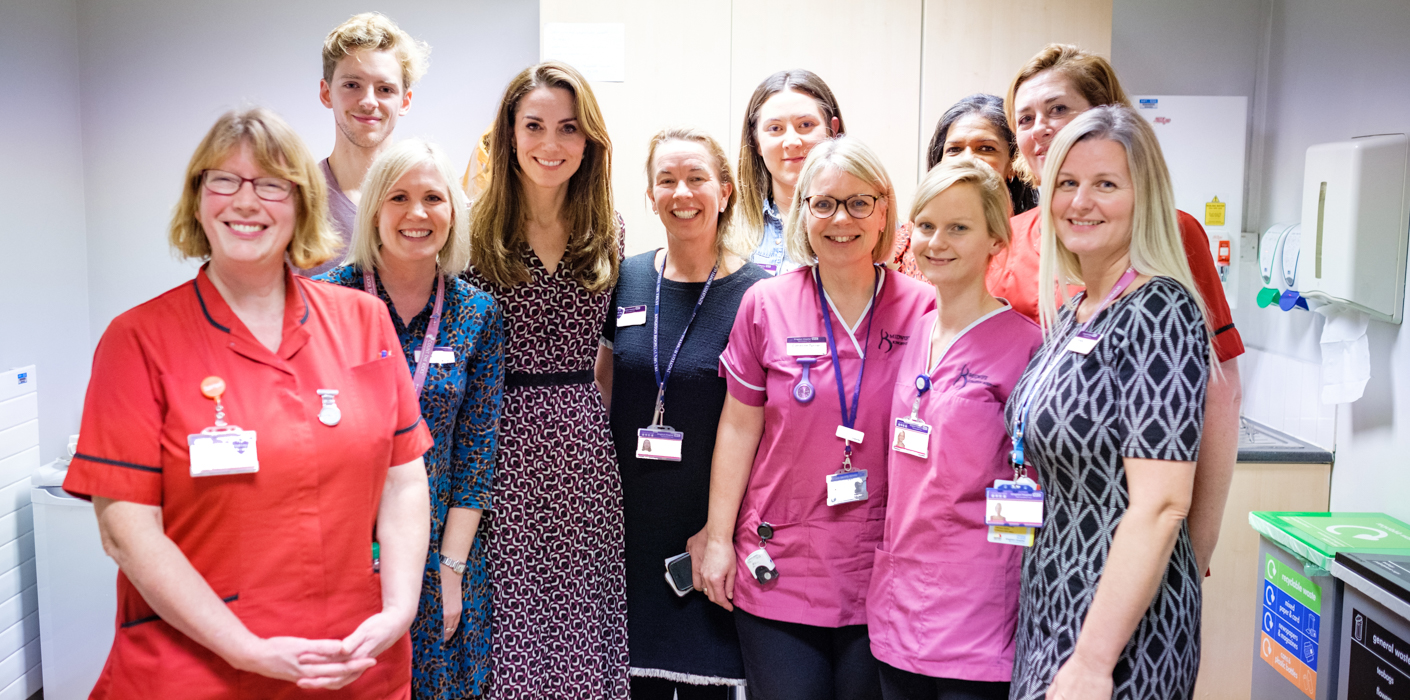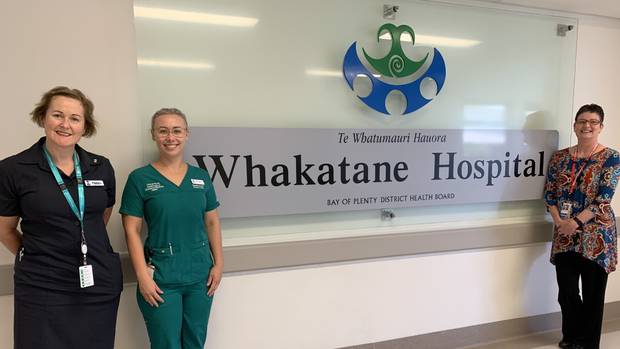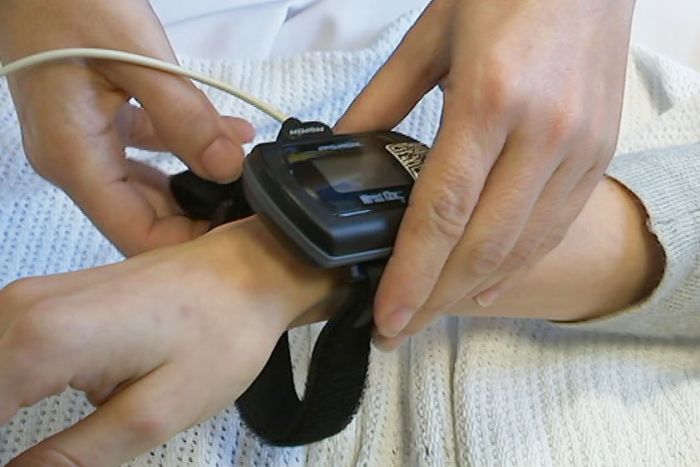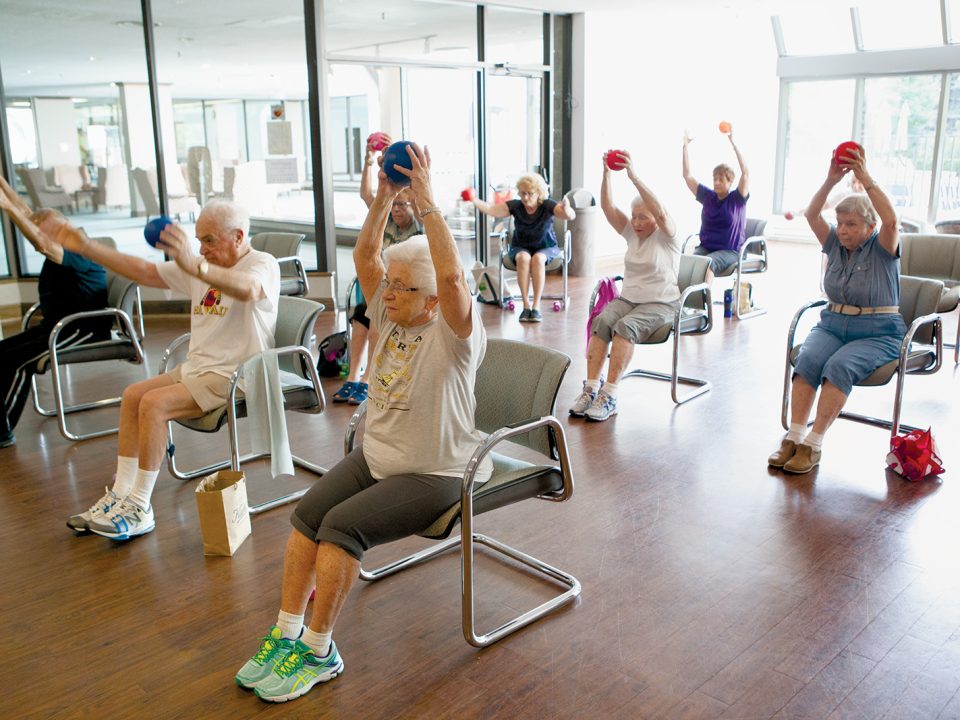
HRH Duchess of Cambridge letter marks Year of the Nurse and the Midwife
December 30, 2019
Amazing Nurses from Australia & New Zealand travelled to Whakatāne Hospital to help after the Whakaari eruption
January 13, 2020Potential game-changer in nursing care

Potential game-changer in nursing care
Wearable monitoring technology helps nurses avoid waking sleep-deprived patients.
Since being diagnosed with Hodgkin’s lymphoma 18 months ago, Aliona Grytsenko has spent much of her time in and out of hospital. When the 22-year-old architecture student developed an infection after having a stem cell transplant, she had to be woken every hour to have her vital signs checked.
“It made it really hard to sleep and rest in the midst of having fevers and going through the treatment and side effects themselves. It’s really difficult to manage that when you’re so sleep-deprived,” Ms Grytsenko said.
Registered nurse and researcher Elise Button has worked in cancer and palliative care for 10 years and said waking people up was one of the worst parts of the job.
“We routinely wake people up every four hours — if they’re more unwell we wake them up every hour or 15 minutes to do vital sign monitoring to make sure they’re safe,” Dr Button said.
“The sicker they are, the more we wake them up.”
But new technology being trialled at the 20-bed Kilcoy Hospital, north-west of Brisbane, may put an end to what has been one of nurses’ core responsibilities — taking and recording vital signs.
Patients are being fitted with wearable body sensors that will automatically record their temperature, heart rate, oxygen levels and blood pressure.
Dr Button said it was a potential game-changer in nursing care.
“It gives us more time to focus on all the other roles that a nurse does that are important … particularly communicating with people, sitting down and talking to them, while we know they’re being safely monitored,” Dr Button said.
“This allows people who are unwell to get sleep and rest, with peace of mind that they’re being safely monitored.”

The Metro North Hospital and Health Service’s Adam Scott is overseeing the trial and says the feedback so far has been positive.
“Patients have commented they no longer have to be woken through the night. They can sleep through the process,” Professor Scott said.
The wireless monitoring technology has been in development for a decade, but it is the first time in the world it has been put to the test by an entire hospital.
It could also help save hospital bottom lines.
“We have a growing level and burden of chronic disease, we have higher life expectancies … and higher community expectations on how healthcare is provided,” Professor Scott said.
“We know we have to move towards a value-based healthcare approach to better provide services and care for our patients.”
The Australian distributor for the wireless monitoring device, Wearable Health Tech, estimates there are more than 100 million patient observations performed each year in Australia.
Company spokesman Ben Magid said the system not only gave time back to staff to spend on patient care, but improved patient safety through continuous monitoring.
“If patients do start to go downhill, staff are alerted so they can intervene sooner and prevent adverse events and complications from developing,” Mr Magid said.
If the trial goes well, the technology could be used more widely, allowing patients to recover at home, while still being monitored by hospital staff.
The trial will run until June.
This article was originally published on ABC News on 6/1/2020 by Dea Clark.










